Regularly update the precursor list
The National Assembly deputies agreed on the necessity of amending the Law on Drug Prevention and Control to contribute to institutionalizing the Party and State's policies on streamlining the apparatus, improving the efficiency and effectiveness of state management, especially after transferring the task of state management on drug addiction treatment from the Ministry of Labor, War Invalids and Social Affairs (old) to the Ministry of Public Security ; contributing to resolving problems arising in the implementation of the Law on Drug Prevention and Control in 2021.
Regarding the interpretation of terms, Clause 4, Article 2 stipulates that "Precursors are chemicals commonly used in the process of preparing and producing narcotics specified in the list of precursors issued by the Government". According to National Assembly Delegate Doan Thi Thanh Mai ( Hung Yen ), it can be understood that the identification of precursors is linked to the list issued by the Government, while currently many different types of precursors can be replaced to prepare and produce narcotics.

Therefore, delegates suggested that it is necessary to study and have regulations on regularly updating this list to avoid the situation where many new precursors have appeared in the world but have not been added to the list, causing difficulties for management work.
Regarding the control of legal activities related to drugs (from Article 12 to Article 15), National Assembly Deputy Nguyen Thi Mai Thoa (Hai Phong) said that the draft Law has not yet fully regulated and covered all arising issues, while in reality, many new psychotropic substances are appearing and changing rapidly. If the list is updated slowly, it will cause difficulties for agencies, units and individuals in the organization to implement.
Therefore, the delegate suggested that the drafting agency should study and supplement the provisions that in case of emergency, the Ministry of Health will preside over and coordinate with the competent Ministry of Public Security to temporarily issue a list of banned substances with the risk of causing addiction while waiting for the National Assembly and the Government to officially supplement it.
Regulations on appropriate drug addiction treatment period for first-time drug addicts
Clause 1, Article 28 of the draft Law stipulates that the duration of drug addiction treatment for first-time drug addicts is 24 months, and for second-time drug addicts and subsequent drug addicts is 36 months. This provision is intended to ensure that drug addicts are fully covered in all stages of the drug addiction treatment process, contributing to improving the effectiveness of drug addiction treatment.
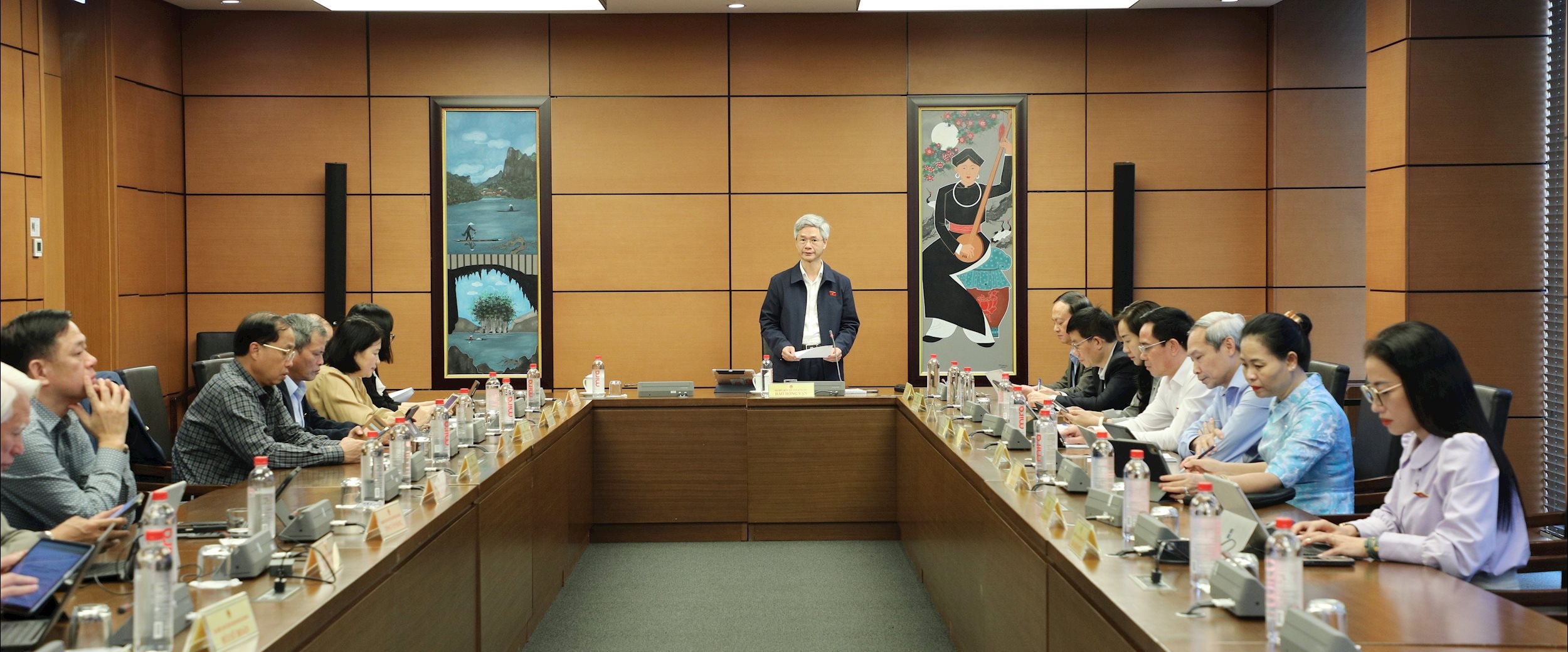
However, delegate Nguyen Thi Mai Thoa said that the regulation of the general drug addiction treatment period as in the draft Law needs to further assess the impact on each group of drug addiction treatment subjects and the ability to arrange resources for implementation, especially the ability to meet the economic needs of the families of voluntary drug addicts.
In particular, there should be regulations on appropriate drug addiction treatment periods for first-time drug addicts. For drug addicts who are raising young children, the treatment period can be shorter or regulated to not exceed 24 months for first-time drug addicts, and not exceed 36 months for second-time drug addicts or later.

Regarding the application of administrative measures of sending to compulsory drug rehabilitation facilities, Clause 4, Article 34 stipulates: "The statute of limitations for applying administrative measures of sending to compulsory drug rehabilitation facilities is 3 months from the date the drug addict last committed the violation."
Delegate Doan Thi Thanh Mai requested the drafting agency to clarify the feasibility of the 3-month statute of limitations because the administrative handling process can be complicated, lengthy and requires the participation of many agencies. Therefore, if the draft Law only stipulates a very short period of 3 months, it may affect the ability to implement measures promptly in practice.
Regarding prohibited acts, Clauses 7 and 8, Article 5 stipulate that prohibited acts are resisting or obstructing drug testing in the body, determining drug addiction status, managing illegal drug users, drug rehabilitation, post-rehabilitation management, and obstructing people performing drug prevention tasks and people participating in drug prevention.
Delegate Doan Thi Thanh Mai suggested clarifying which laws are used to sanction these acts, and whether they currently have all the necessary regulations. “When we have mentioned many acts, we must clarify whether the sanctions are prescribed in other laws or whether they fully reflect the necessary regulations,” the delegate stated.

Regarding social support policies for people after drug rehabilitation, some delegates said that people after drug rehabilitation should be considered a vulnerable group, and should have access to basic social security policies such as vocational training support, job referrals, health insurance cards, legal advice and small loans to create jobs for themselves.
The State can encourage enterprises, cooperatives and social organizations to receive, train and employ post-addicts by providing specific tax, credit and land incentives. At the same time, there should be a mechanism to protect post-addicts from discrimination in public and private recruitment to create real conditions for reintegration.
Source: https://daibieunhandan.vn/danh-gia-them-tac-dong-doi-voi-tung-nhom-doi-tuong-cai-nghien-ma-tuy-10395285.html



![[Photo] Prime Minister Pham Minh Chinh receives Lao Minister of Labor and Welfare Phosay Sayasone](https://vphoto.vietnam.vn/thumb/1200x675/vietnam/resource/IMAGE/2025/11/11/1762872028311_dsc-2246-jpg.webp)

![[Photo] Chu Noodles - the essence of rice and sunshine](https://vphoto.vietnam.vn/thumb/1200x675/vietnam/resource/IMAGE/2025/11/11/1762846220477_ndo_tl_7-jpg.webp)


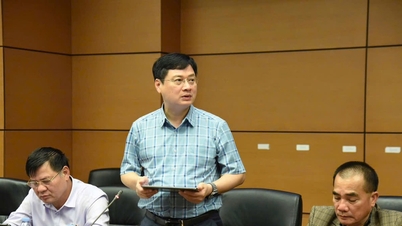




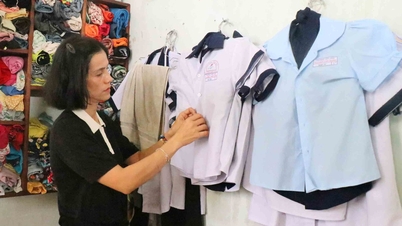



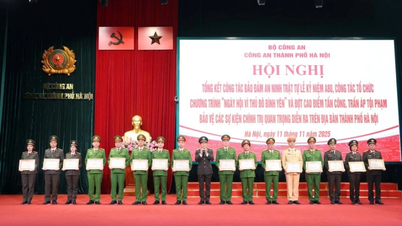
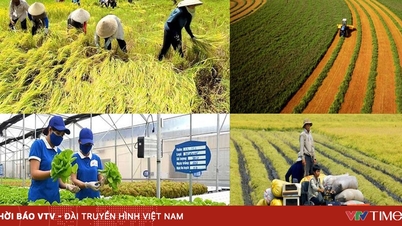









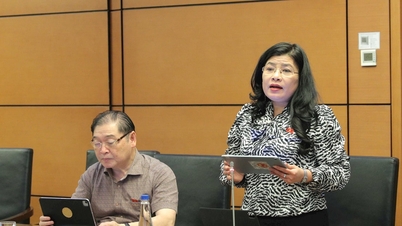



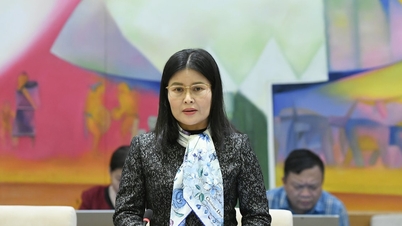



















































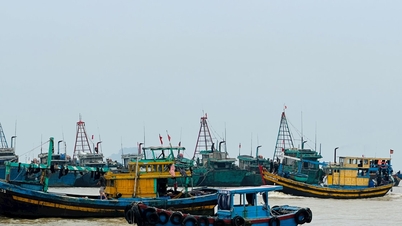


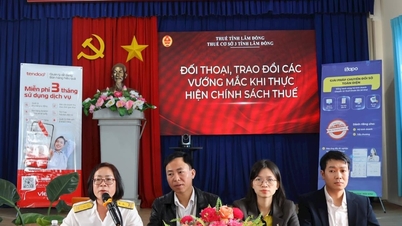
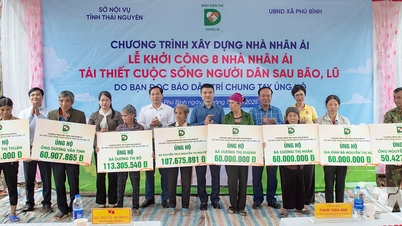








![Dong Nai OCOP transition: [Article 3] Linking tourism with OCOP product consumption](https://vphoto.vietnam.vn/thumb/402x226/vietnam/resource/IMAGE/2025/11/10/1762739199309_1324-2740-7_n-162543_981.jpeg)








Comment (0)